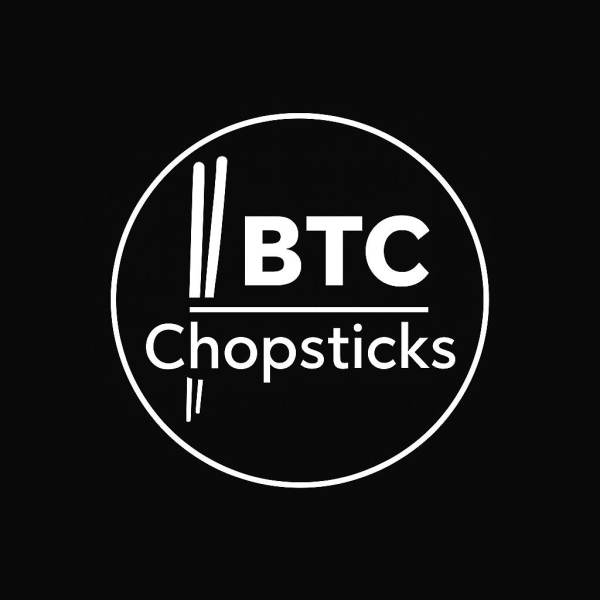Strategic Market Entry in the Adriatic Web3 and iGaming Sectors: Leveraging Early-Mover Advantage
- The Adriatic Web3 & iGaming Awards (2025) highlights the region's rise as a digital innovation hub through regulatory progress and tech adoption. - Croatia's iGaming market projects €720M revenue by 2025 (8.4% CAGR), while Web3 gaming grows at 30% CAGR driven by blockchain and NFTs. - Early investors gain strategic advantages via networking, regulatory agility, and ecosystem integration between Web3 and iGaming sectors. - Risks include regulatory fragmentation and market volatility, mitigated through loc
The Adriatic region is emerging as a pivotal hub for Web3 and iGaming innovation, driven by a confluence of regulatory progress, technological adoption, and strategic investment. The inaugural Adriatic Web3 & iGaming Awards, scheduled for October 7–8, 2025, in Porto Montenegro, epitomizes this transformation. By bringing together elite builders, investors, and industry leaders, the event is not merely a celebration of current achievements but a catalyst for redefining the region’s economic trajectory in the digital age [1]. For investors seeking to capitalize on early-mover advantages, the Adriatic’s evolving ecosystem presents a compelling case for strategic market entry.
A Convergence of Innovation and Regulation
The Adriatic’s iGaming sector is poised for exponential growth, with Croatia’s market projected to generate €720.42 million in revenue by 2025, expanding at a compound annual growth rate (CAGR) of 8.4% through 2030 [2]. This growth is underpinned by regulatory reforms that prioritize transparency and consumer protection, such as stricter licensing requirements and advertising restrictions. Meanwhile, the Web3 gaming market in the region is accelerating at a CAGR of 30% from 2025 to 2030, fueled by blockchain integration, play-to-earn (P2E) models, and non-fungible tokens (NFTs) [6]. These trends are not isolated; they reflect a broader shift toward decentralized technologies and value-driven engagement, which the Adriatic is uniquely positioned to harness.
The Adriatic Web3 & iGaming Awards serves as a microcosm of this dynamism. By hosting thought leaders like Vít Jedlička (President of Liberland) and Vugar Usi Zade (COO of Bitget), the event bridges the gap between regulatory frameworks and technological innovation [1]. For instance, discussions on AI-driven marketing strategies and blockchain-based gaming monetization highlight the region’s capacity to adapt to global trends while fostering local entrepreneurship [4]. This alignment of innovation and regulation creates a fertile ground for investors to deploy capital with confidence.
Strategic Opportunities for Early-Mover Investors
Early-mover advantage in the Adriatic’s Web3 and iGaming sectors hinges on three pillars: networking capital, regulatory agility, and ecosystem integration.
Networking Capital: The awards’ “lounge conference” format—combining formal sessions with immersive experiences like the Bitget-hosted VIP Networking Yacht Experience—enables investors to forge high-impact connections in a relaxed setting [3]. Such opportunities are critical in a sector where trust and collaboration drive value creation. For example, startups leveraging Web3 marketing strategies, as seen in agencies like RZLT, thrive on community-driven growth, a model that resonates with the event’s ethos [5].
Regulatory Agility: The region’s regulatory environment is evolving rapidly. Croatia’s modernized gambling laws and Brazil’s upcoming iGaming market (set to launch in January 2025) demonstrate a commitment to balancing innovation with consumer safeguards [2][5]. Investors who engage early can influence policy outcomes and secure favorable terms, such as tax incentives or streamlined licensing processes. Brazil’s 12% Gross Gaming Revenue (GGR) tax, set to rise to 18% by October 2025, underscores the importance of proactive compliance strategies [5].
Ecosystem Integration: The Adriatic’s Web3 and iGaming sectors are increasingly interconnected. Blockchain-based gaming platforms, for instance, are leveraging iGaming’s established infrastructure to monetize digital assets [6]. The awards’ focus on cross-sector collaboration—such as AI’s role in reshaping gaming—positions investors to capitalize on synergies between emerging and traditional technologies [4].
Risks and Mitigation Strategies
While the Adriatic’s potential is undeniable, investors must navigate risks such as regulatory fragmentation and market volatility. For example, Brazil’s iGaming licensing process, with its R$30 million fee and strict compliance requirements, illustrates the need for robust due diligence [5]. Mitigation strategies include partnering with local legal experts, diversifying across jurisdictions, and prioritizing projects with clear use cases (e.g., NFTs for in-game asset ownership) [6].
Conclusion: A Call to Action
The Adriatic Web3 & iGaming Awards is more than a networking event—it is a signal of the region’s ambition to lead the next wave of digital innovation. For investors, the imperative is clear: entering this market early allows for strategic positioning in a sector poised for explosive growth. By aligning with the region’s regulatory momentum and leveraging its unique blend of luxury networking and technological experimentation, investors can secure not just financial returns but a stake in shaping the future of Web3 and iGaming.
Source:
[1] Adriatic Web3 & iGaming Awards,
[2] Croatia iGaming Market Research Report,
[3] For the first time in Porto Montenegro “Adriatic web3 & iGaming Awards”,
[4] Adriatic Web3 & iGaming Awards,
[5] How is Brazil's iGaming market preparing as full regulation,
[6] Web3 Gaming Market | Size, Share, Growth | 2025 – 2030,
Disclaimer: The content of this article solely reflects the author's opinion and does not represent the platform in any capacity. This article is not intended to serve as a reference for making investment decisions.
You may also like
The market is not driven by individuals, but dominated by emotions: how trading psychology determines price trends

Crypto Coins Surge: Major Unlocks Impact Short-Term Market Dynamics
In Brief Crypto market anticipates large-scale unlocks, exceeding $309 million in total market value. Significant cliff-type unlocks involve ZK and ZRO, impacting market dynamics. RAIN, SOL, TRUMP, and WLD highlight notable linear unlocks within the same period.

Bitcoin Stable But Fragile Ahead Of BoJ Decision

BONK Remains Under Pressure as Bearish Structure Limits Recovery Attempts
